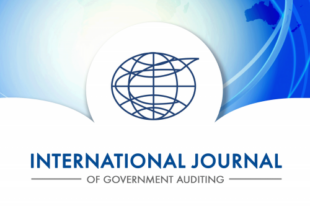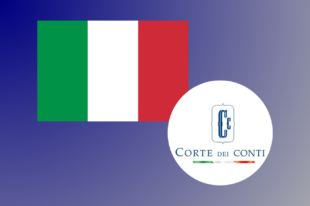Is Slovakia Prepared to Implement Agenda 2030?
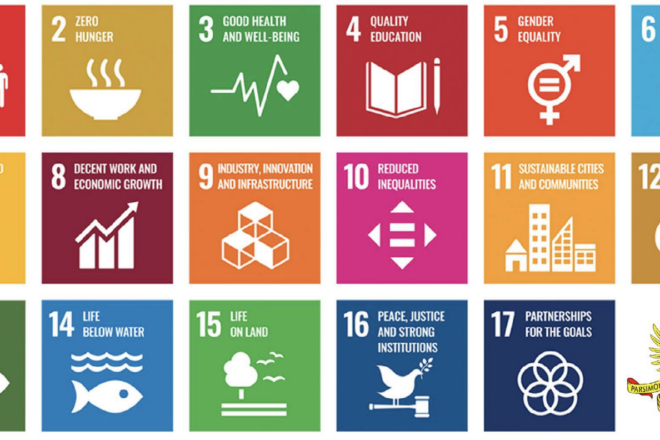
by Ľubica Gazdová, Iveta Fáberová, Jana Juriová and Vladimír Maťuš, Supreme Audit Office of the Slovak Republic
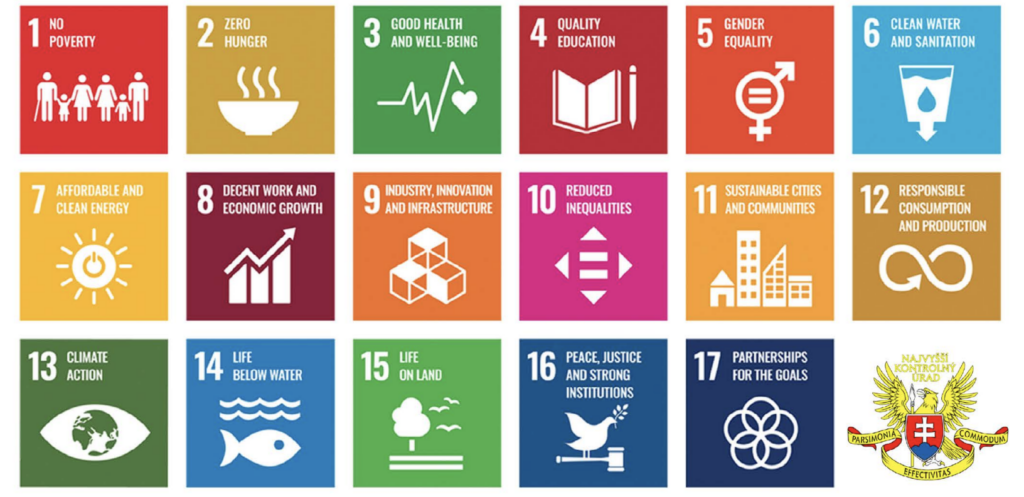
At the September 2015 United Nations (UN) Sustainable Development Summit, Heads of State, including the Slovak Republic, adopted the 2030 Agenda for Sustainable Development, which included 17 Sustainable Development Goals (SDGs)—global goals establishing objectives across economic, environmental and social dimensions to be achieved by 2030.
All 17 SDGs are equally important and cover 169 universally applicable thematic targets. Based on national circumstances, each government can establish its own national targets and decides on how the global targets are incorporated into national policies and strategies.
The International Organization of Supreme Audit Institutions (INTOSAI) Strategic Plan 2017-2022 incorporates the SDGs as a cross-cutting priority calling for Supreme Audit Institutions (SAIs) to “contribute to the follow-up and review of the SDGs within the context of each nation’s specific sustainable development efforts.”
In 2017, more than 70 SAIs across INTOSAI signed up to participate in an International Standards of Supreme Audit Institutions (ISSAI)-based cooperative performance audit on SDG implementation preparedness. The audit, supported by the INTOSAI Development Initiative (IDI), aimed to demonstrate SAI relevance in contributing to SDG implementation through unique capabilities in performing high-quality performance audits. Slovakia’s Supreme Audit Office (SAO), led by
Mr. Karol Mitrík, SAO President, participated with several goals in mind, including the ability to review the Slovak government’s preparedness to implement the SDGs and share experiences and knowledge among peers.
Currently, the mandate for implementing SDGs in Slovakia includes six key priority areas for sustainable development:
- Silver economy (in the context of aging populations);
- Education;
- Health, environment and quality of life;
- Transport, energy and cities (climate change context);
- Fighting poverty; and
- Justice, democracy and security.
As the Deputy Prime Minister’s Office for Investments and Informatization (DPMO) was tasked to lead government preparations and the Statistical Office (SO) tasked to monitor SDG implementation, the SAO included both organizations in the audit conducted from September 2015 to August 2018.
Audit criteria were based on general expectations—those necessary to successfully achieve Agenda 2030 in Slovakia. Data were collected using two methods: desk review of relevant documents and interviews with managers, Non-Governmental Organizations (NGOs) and external experts. The SAO analyzed the data using stakeholder mapping and Responsible, Accountable, Consulted and Informed methods.
The audit was conducted following three objectives (extent government has nationally integrated the SDGs; government capacity along with resource identification and procurement to implement Agenda 2030; and government establishment of a mechanism to monitor, follow-up, review and report on Agenda 2030 progress).
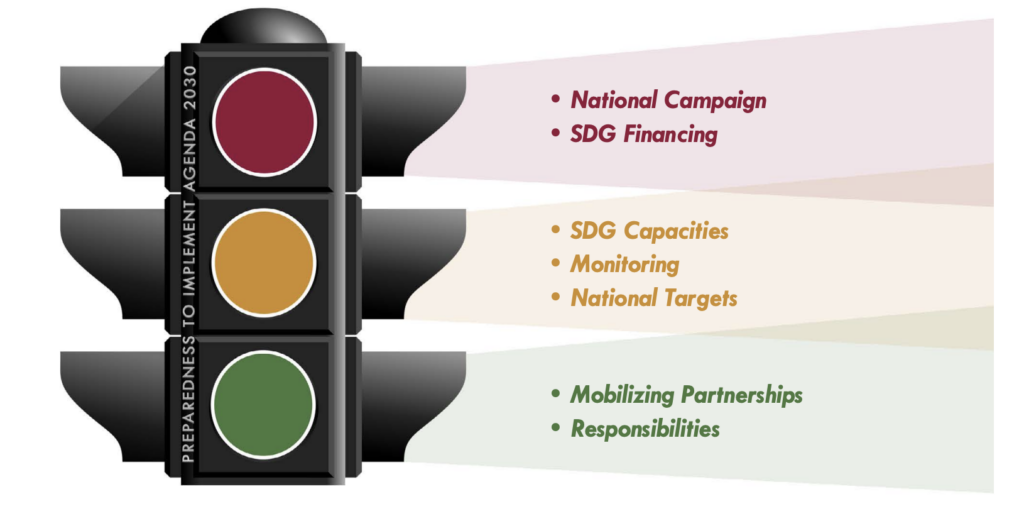
Conveying audit results using a traffic light graphic shows sufficiently (green) and partially (amber) secured process areas. Areas where findings showed no significant steps taken are indicated in red.
The three-year audit resulted in the following observations and recommendations.
Objective 1: National SDG Integration
The government established sufficient institutional arrangements to implement Agenda 2030, and the DPMO does coordinate SDG implementation at the national level.
The Government Council for Agenda 2030 (Council), a ministerial-level oversight body, supports this process. The Working Group for Agenda 2030 and National Investment Plan for 2018-2030 supports the Council. Additionally, the SO coordinates an Expert Group on Indicators and Monitoring.
While the global SDG targets have not been tailored to the national long-term sustainable development strategy, there are several positive steps toward that direction:
- Completed an inventory of national development plans and strategies;
- Compared the SDGs to existing strategic plan goals and targets and have identified gaps; and
- The Deputy Prime Minister has been tasked with elaborating on “Vision and Strategy Development of Slovakia by 2030,” which aims to establish relevant national targets and related, measurable national indicators in the six key priority areas.
As Agenda 2030 is people-centered, the SAO recommends the government hold public awareness campaigns using a variety of media. Specifically, the SAO recommended the DPMO:
- Devise a communication strategy with messaging tailored to specific groups—government officials; representatives of self-government bodies; academic institutions and NGOs; private sector organizations; and individual citizens; and
- Coordinate activities to involve Parliament and the President of the Slovak Republic into Agenda 2030 implementation efforts.
Additionally, the SAO recommended both the DPMO and SO closely cooperate while crafting “Vision and Strategy Development of Slovakia by 2030.”
Objective 2: National Capacity and Resources
Financial funds to implement the SDGs have not been secured in the national budget, and as the process to identify national targets has not been completed, respective costs remain unknown. The DPMO envisages partial financial support to achieve national targets through European Union (EU) and non-state funds.
The government identified and secured sufficient capacities and resources necessary to coordinate preparation processes to implement the SDGS; however, financing will not be secured until the end of 2020. The SAO recommended the DPMO:
- Initiate closer communication with the Ministry of Finance to (1) identify national financial sources to achieve Agenda 2030 national targets and (2) assure national financing extends beyond 2020 (when EU financing expires); and
- Commence closer internal communication with the DPMO’s Central Coordination team to specify EU fund allocations for 2021-2027 and ensure these allocations are compliant with Agenda 2030 national targets.
Objective 3: National Mechanism to Monitor, Follow-up, Review and Report on 2030 Agenda Implementation Progress
The government has taken initial steps to establish monitoring and reporting mechanisms on national SDG implementation.
The SO is to monitor progress, and the DPMO is to follow-up, review and report on progress. The first summary report on national SDG implementation efforts is expected by June 30, 2020. Subsequent reports are to be issued biennially through 2030.
In December 2016, the SO issued “Slovak Republic and Sustainable Development Goals of Agenda 2030,” which outlines national indicators to achieve Agenda 2030. The SO also recently mapped national and UN global indicators to identify gaps.
The methodology associated with auditing global indicators requires identifying missing or poor-quality data and data sources; however, only 96 (there are 241 indicators) have exact definitions and methodologies.
The SAO recommended the SO communicate with the Ministry of Finance to assure sustainability in monitoring Agenda 2030 progress, particularly with the potential need to increase the SO budget in accordance with the additional tasks related to data processing and human resources.
While effective initial steps have been made, the audit concluded that the Government of the Slovak Republic (at the end of the audit) was not adequately prepared to implement Agenda 2030.
For the full report, visit https://www.nku.gov.sk/web/sao/reports.

